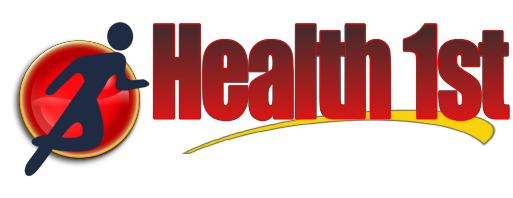Concussion Treatment Management
Post-Injury Concussion Treatment Management

A concussion is a type of traumatic brain injury (TBI) caused by a bump, blow, or jolt to the head. Concussions can also occur from a fall or blow to the body that causes the head and brain to move quickly back and forth. Doctors may describe concussions as a “mild” brain injury because concussions are usually not life threatening. Even so, their effects can be serious. According to the CDC, in 2014, there were approximately 2.5 million patients that were treated in hospital emergency rooms for mild traumatic brain injury (concussion). The ability to objectively diagnose and treat mild traumatic brain injuries is a valuable tool to helping patients who suffer from mild traumatic brain injuries (concussion). The alarming statistic is not the number of mild traumatic brain injuries, it’s that mild traumatic brain injuries (concussion) are still being diagnosed with subjective, symptom-based tests. As a result, a significant percentage of concussions are under diagnosed. A university study demonstrated a 56% misdiagnosis rate of concussions in the emergency room setting.
The biggest problem with diagnosing a mild traumatic brain injury (concussion) is that symptoms can be so vague and that reasonable physicians can differ as to whether a specific patient indeed has a mild traumatic brain injury (concussion). Health First has implemented a computerized testing program that will objectively diagnose a concussion and determine which specific parts of the brain and nervous system have become damaged from a mild traumatic brain injury (TBI) and record the areas that have become dysfunctional.
Myth: To have a concussion there has to be a lot of car damage and you need to be knocked unconscious.
Fact: This is old school thought, 95% of patients with concussion did not lose consciousness.
Myth: You have to be hit in the head to sustain a concussion.
Fact: It is possible to sustain a concussion if the head moves rapidly or changes direction quickly. An example might be an auto accident when a car is moving in one direction and hit by another vehicle. The impact abruptly stops the car’s momentum causing the head to snap forward quickly.
Myth: A concussion is simply a bruised brain.
Fact: A concussion is a functional injury, meaning it affects how the brain works. This explains why concussion sufferers have difficulty remembering, trouble reasoning and concentrating, and generally feel sluggish.
Health First is proud to announce new medical equipment to help improve and provide post concussive treatment to our patients. By incorporating post concussive rehabilitation into our care programs it enhances our treatment programs to improve overall patient health. Health First will be providing structured therapeutic programs that help patients overcome post concussive symptoms.
TREATMENTS
Our concussion treatment management program uses the most advanced technology and treatment to improve the quality of life for those with headaches, balance and dizziness problems.
Our multi-pronged approach entails:
- Creating an exercise program specific to your needs.
- Use of advanced medical equipment to diagnose the source of your balance issues.
- Therapeutic treatments and computerized rehabilitation programs.
- Education related to the problem causing your dizziness or balance disorder.
- Additional training in functional activities available through the Activities of Daily Living.

